AI-Assisted Study Identifies 370 Key Drug Targets for 27 Cancer Types
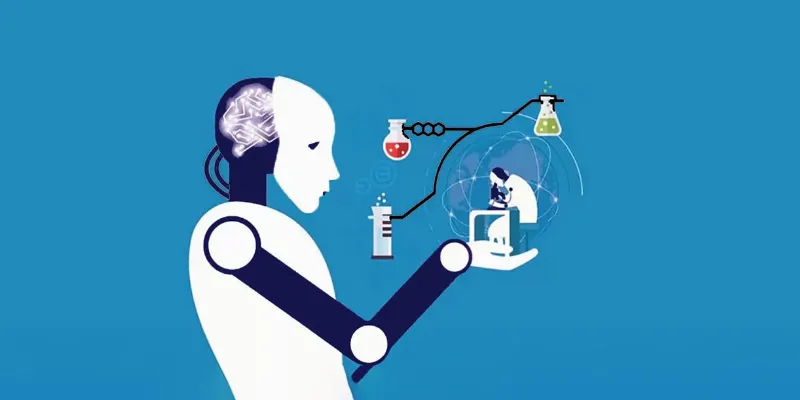
12 January 2024
Scientists have made a monumental leap towards a new generation of smarter, more effective cancer treatments. They have uncovered 370 priority drug targets across 27 types, including breast, lung, and ovarian cancers, through the second generation of Cancer Dependency Map.
In one of the most comprehensive studies of its kind, researchers from the Wellcome Sanger Institute, Open Targets, and their collaborators pooled together data from 930 cancer cell lines. Using CRISPR technology, the researchers identified 370 new drug targets for 27 cancer types. This study, integrating genomic analysis and machine learning, marks a shift towards precision medicine, promising more effective and personalized cancer treatments with fewer side effects.
Published in the journal Cancer Cell, this study has enabled researchers to gain a detailed, panoramic view of the growth and survival mechanisms of cancer cells. This in-depth analysis of the molecular workings of cancer cells has identified new avenues for therapy.
The study's co-lead authors, Dr. Francesco Iorio from the Computational Biology Research Centre, highlights that their analysis, the most comprehensive of its kind, uncovers the 'Achilles heel' of human cancers. He stated:
“We identify a new list of top-priority targets for potential treatments, along with clues about which patients might benefit the most – all made possible through the design and use of innovative computational and machine intelligence methodologies.”
Dr. Mathew Garnett, co-lead author of the study at the Wellcome Sanger Institute and Open Targets, explains that their work utilizes advances in genomics and computational biology to determine the most effective ways to target cancer cells.
“This work exploits the latest in genomics and computational biology to understand how we can best target cancer cells. This will help drug developers focus their efforts on the highest value targets to bring new medicines to patients more quickly.”
Dr. Marianne Baker, science engagement manager at Cancer Research UK, points out the importance of this approach.
“Two people might have the same type of cancer, but their diseases can behave differently. That is why we need precision medicine. This ambitious work is a compelling example of research informing drug discovery from the start, paving the way for more effective precision cancer therapies. Giving people treatments for their unique cancer can improve the odds of success and help more people affected by cancer live longer, better lives.”
This pioneering study marks a significant stride in cancer treatment, underscoring the necessity of tailored treatments for the diverse landscape of cancer types. It not only offers a clearer understanding of potential new cancer targets but also identifies areas where innovative approaches are required, promising more personalized care.
Abstract of the research
A comprehensive clinically informed map of dependencies in cancer cells and framework for target prioritization
Summary: Genetic screens in cancer cell lines inform gene function and drug discovery. More comprehensive screen datasets with multi-omics data are needed to enhance opportunities to functionally map genetic vulnerabilities. Here, we construct a second-generation map of cancer dependencies by annotating 930 cancer cell lines with multi-omic data and analyze relationships between molecular markers and cancer dependencies derived from CRISPR-Cas9 screens. We identify dependency-associated gene expression markers beyond driver genes, and observe many gene addiction relationships driven by gain of function rather than synthetic lethal effects. By combining clinically informed dependency-marker associations with protein-protein interaction networks, we identify 370 anti-cancer priority targets for 27 cancer types, many of which have network-based evidence of a functional link with a marker in a cancer type. Mapping these targets to sequenced tumor cohorts identifies tractable targets in different cancer types. This target prioritization map enhances understanding of gene dependencies and identifies candidate anti-cancer targets for drug development.
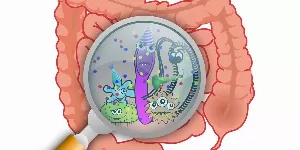





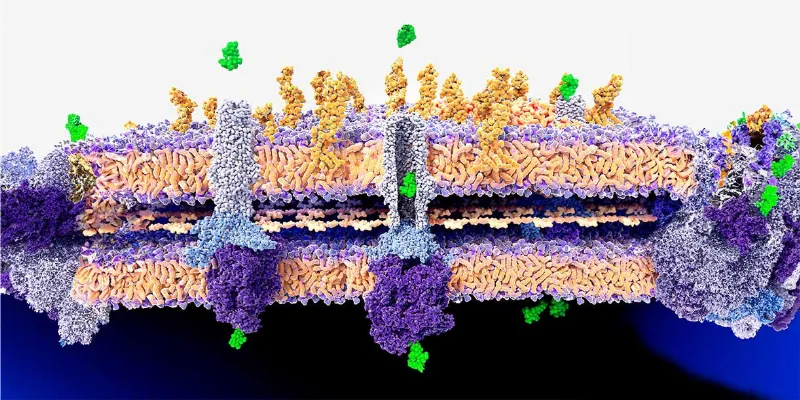
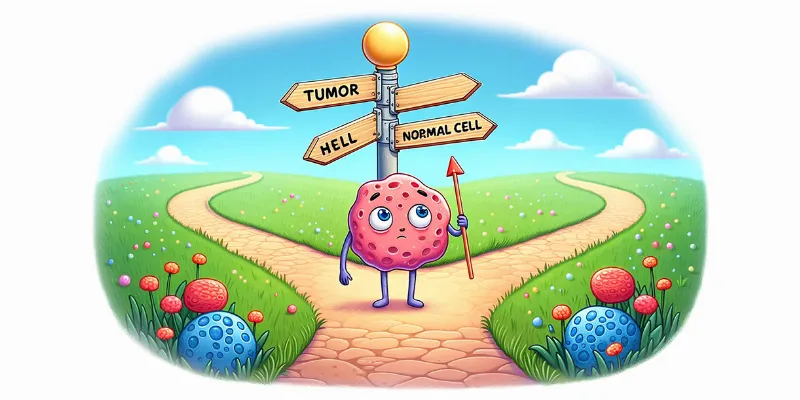
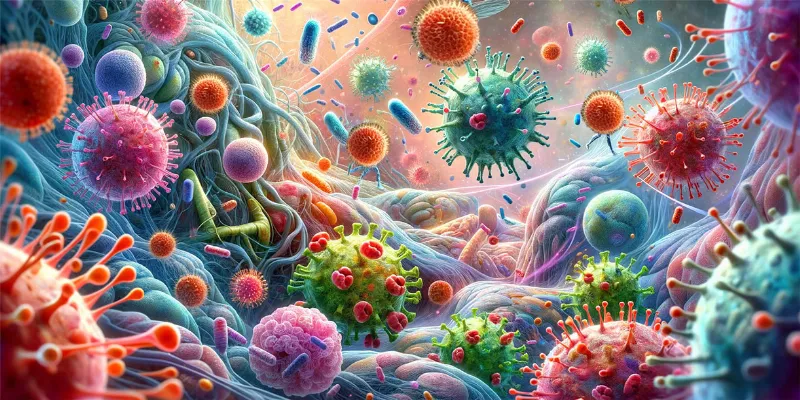
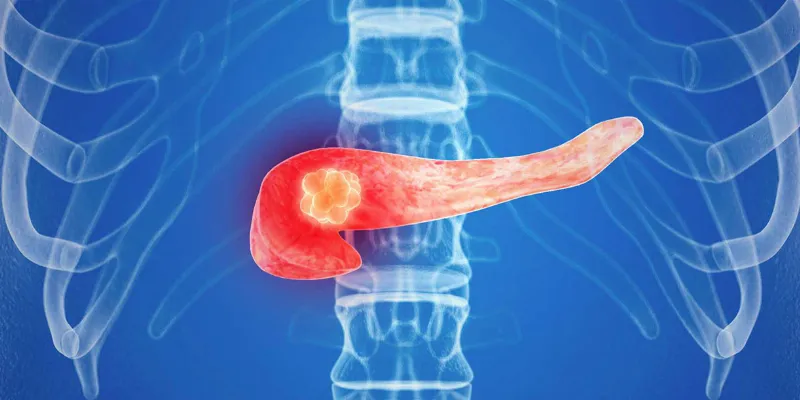
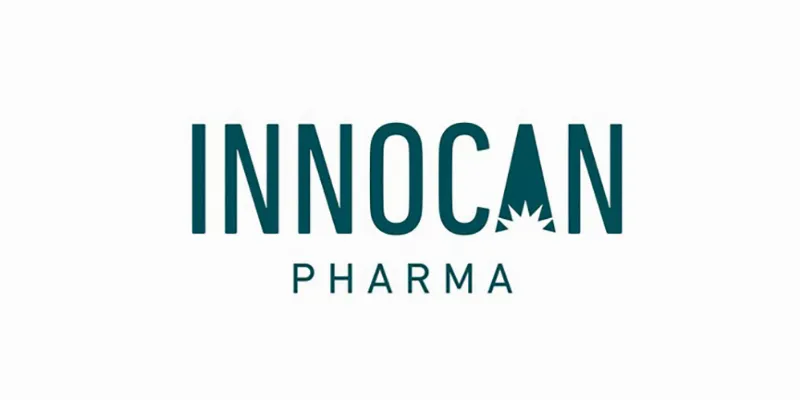
Comments
No Comments Yet!